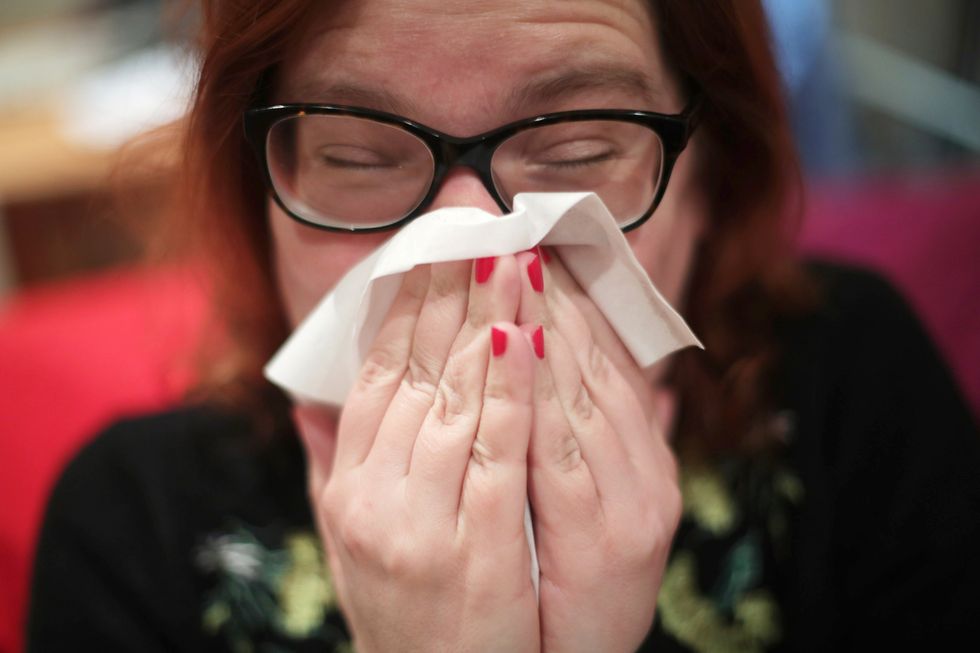Infectious disease doctor: Do these FIVE things to avoid the cold and flu

Respiratory viruses will be running rampant in the cold months. | Yui Mok

Expert doctor Charles Bailey has called on people to fall back on past 'habits' in order to stave of the threat of illnesses during the cold months
Don't Miss
Most Read
As temperatures drop and the flu season rolls round, more Brits are looking for ways to avoid the cold and flu.
Expert doctor Charles Bailey has called on people to fall back on past “habits” in order to stave of the threat of illnesses during the cold months.
The medical director for infection prevention at Providence St. Joseph and Providence Mission Hospital in Orange County, California, warned about a “variety of illnesses during the coming months” while speaking to Well+Good.
Here is a list of how you can mitigate the threat of a number of conditions in the months to come.
1. Get vaccinated against the flu.
Dr. Bailey says this is an “important specific precaution” that can be taken in order to avoid respiratory illnesses during the cold seasons.
CDC Director Dr. Rochelle Walensky said this year’s flu vaccine is a “very good match” to the strains currently circulating in the US, meaning it could help significantly in avoiding potential hospitalisation or infection.
It takes two weeks before full protection from a flu vaccine kicks in.
2. Frequent hand washing.
Avoiding crowds may be a wise idea.
Ben Stansall
Hand washing is a vital activity for preventing the spread of germs, therefore colds and flu.
In order to practice hand washing effectively, the following course of action is recommended:
- Use warm water and soap to scrub your hands.
- Wash all yours of your fingers and hands up to the wrist, for at least 20 seconds.
- Ensure you clean under your fingernails and the spaces between each finger.
- When hand washing isn’t an option, use an alcohol-based sanitiser.
- Try to keep your hands away from your mouth and nose once cleaned.
3. Sanitise phones and other devices.
Your phones and computers are likely to be infested with germs if they are being used frequently.
Experts at the Federal Communications Commission therefore recommend practicing phone hygiene once a day.
Using a lint-free cloth that has been slightly dampened with soap and water is recommended.
Ensure you do not saturate your device with liquid or it could end up damaged.
Also make sure you do not attempt to clean any devices while they are plugged in.
4. Avoid crowds where possible.
Wearing a mask could help stop the spread of viruses.
CARLOS GARCIA RAWLINS
Dr. Bailey says crowds that are poorly ventilated are likely to be a spreader for respiratory conditions.
Outdoor crowds are likely to be safer, giving you the freedom to enjoy wintery fun in the open with activities such as ice skating.
5. Wear a mask.
Consider wearing a mask when in doubt, as this could reduce viral transmission and provide protection for those you come into contact with.
Keeping a mask in your bag or pocket may come in handy as the need could arise.












